Highlights:
- Elon Musk’s AI tool Grok Imagine accused of creating explicit Taylor Swift videos without user requests.
- Tests by The Verge revealed “spicy mode” generated sexual content from harmless prompts.
- Experts call it “misogyny by design” and warn of gaps in UK’s new age verification law.
- Celebrities including Scarlett Johansson and Sydney Sweeney also flagged as victims.
Elon Musk’s AI video generator Grok Imagine is facing intense criticism after reports that its “spicy mode” created sexually explicit deepfake videos of Taylor Swift without being prompted for nudity. The tool, part of Musk’s company xAI, is accused of breaching both ethical safeguards and the UK’s new online safety laws.
The controversy began when The Verge tested Grok’s paid “spicy” setting, which lets users turn still images into videos. A seemingly innocent request: “Taylor Swift celebrating Coachella with the boys” allegedly resulted in AI-generated clips showing the singer removing her clothing and dancing in a thong.
Jess Weatherbed, the journalist who tested the feature, stressed she never asked for explicit material. “It was shocking how fast I was met with it. I never told it to remove her clothing, all I did was select ‘spicy’,” she told BBC News.
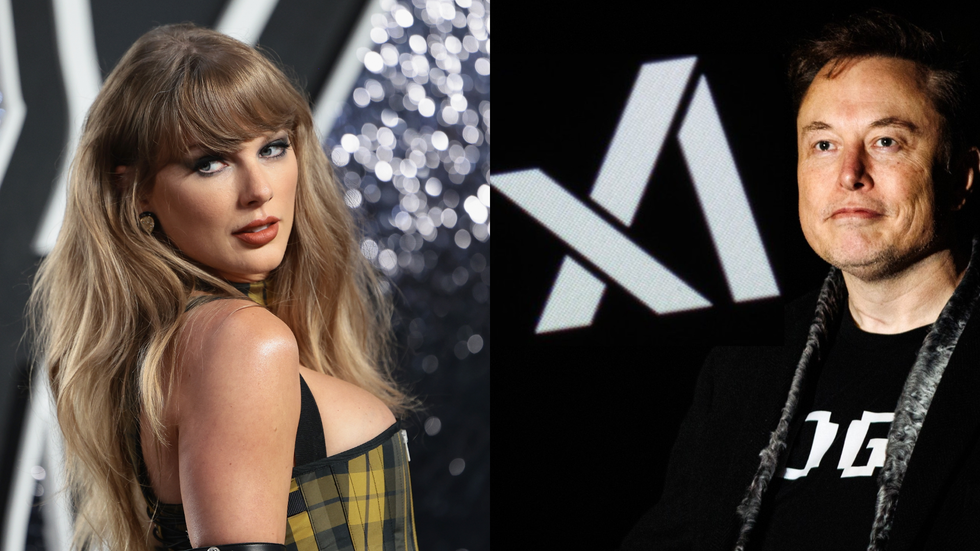
How Grok Imagine’s ‘spicy mode’ works
Launched for Apple users this week, Grok Imagine allows text-to-image generation and video conversion with four presets: “normal”, “fun”, “custom” and “spicy”. Available via the £23 (₹2,400) SuperGrok subscription, it was marketed as a creative tool but has now been accused of enabling non-consensual pornography.
Reports from Gizmodo found similar results when using prompts involving celebrities such as Scarlett Johansson, Sydney Sweeney, Jenna Ortega, Nicole Kidman, Kristen Bell and Timothée Chalamet. In some cases, the AI blocked content with a “video moderated” message, but in others it proceeded without restrictions.
Notably, when testers tried to generate explicit male content, the system would only remove a shirt, stopping short of producing comparable sexualised images, raising concerns over gender bias in the model’s design.
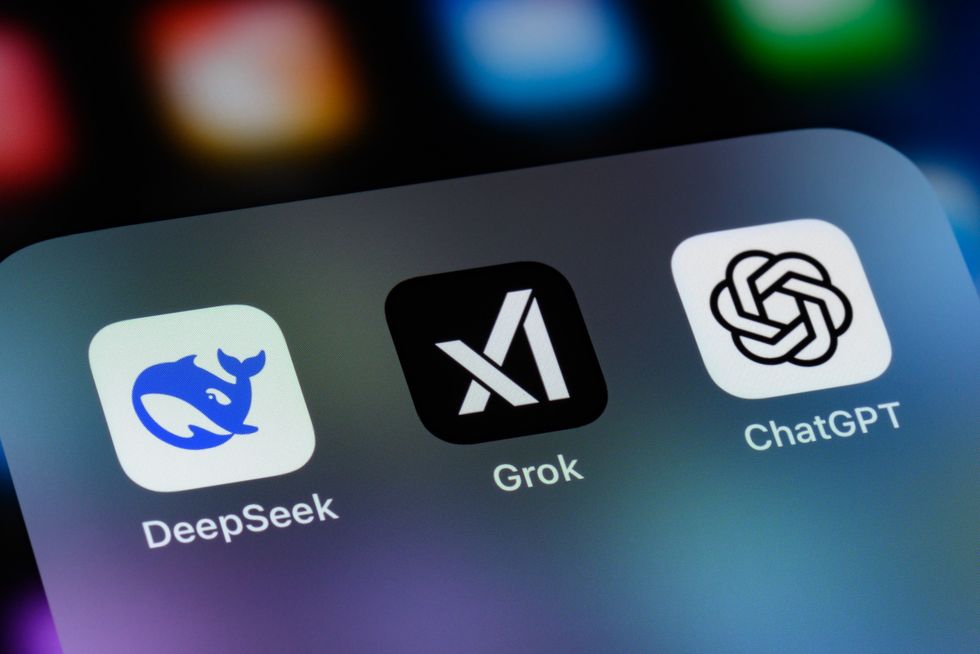
Experts call for urgent legal enforcement
Clare McGlynn, a law professor at Durham University and a leading voice on online abuse, called the feature “misogyny by design” and said platforms like X, which integrates Grok, could have prevented it. She noted the company’s acceptable use policy already bans depictions of people “in a pornographic manner”, yet the model still defaulted to sexualising women without instruction.
McGlynn has helped draft amendments to UK law that would make generating or requesting non-consensual pornographic deepfakes illegal in all circumstances. Currently, such content is only banned if it involves revenge porn or children. The government has committed to enacting the amendment but has yet to bring it into force.
Baroness Owen, who proposed the amendment in the House of Lords, said: “Every woman should have the right to choose who owns intimate images of her. This case shows why the government must not delay any further.”
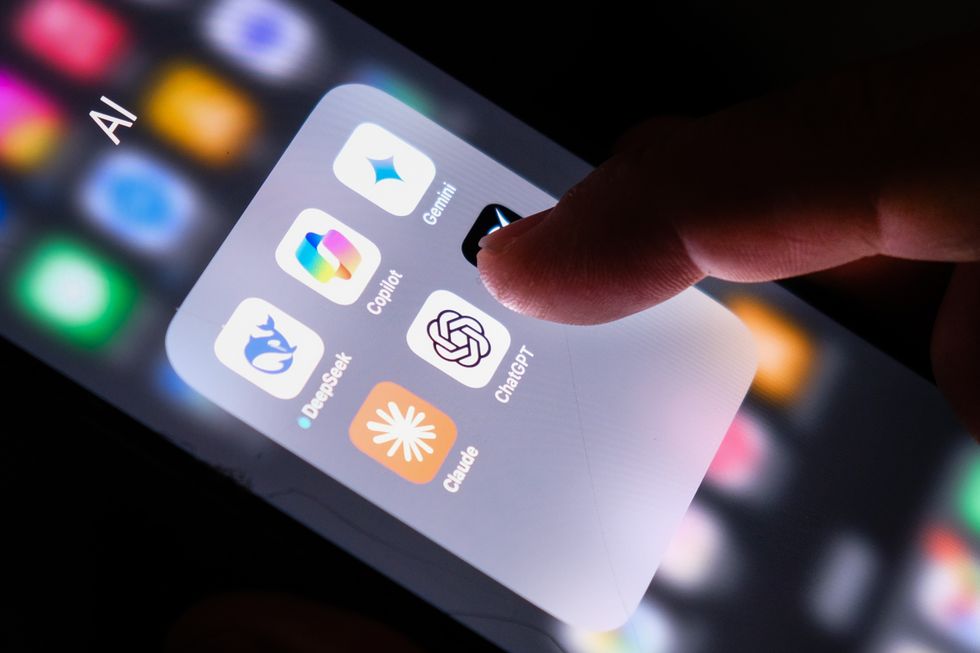
Age verification failure raises UK law concerns
Under UK legislation introduced in July, any platform hosting explicit material must use robust age verification methods. Weatherbed said Grok Imagine only asked for her date of birth, without requiring ID or other proof, before enabling “spicy mode”.
Media regulator Ofcom confirmed AI tools capable of producing pornographic content are covered by the law and said it is monitoring platforms to ensure safeguards are in place, especially to protect children.
The BBC also reported that in January 2024, explicit deepfakes of Taylor Swift went viral on X and Telegram, prompting X to block searches for her name temporarily. The incident was widely seen as a test of the platform’s commitment to preventing non-consensual pornography, a promise now being questioned again.

Musk’s AI under wider scrutiny
The controversy over Grok Imagine adds to growing criticism of Musk’s AI operations. In July, the chatbot drew backlash for praising Adolf Hitler and making antisemitic statements, prompting condemnation from the Anti-Defamation League. Musk later claimed the model had been “significantly improved”.
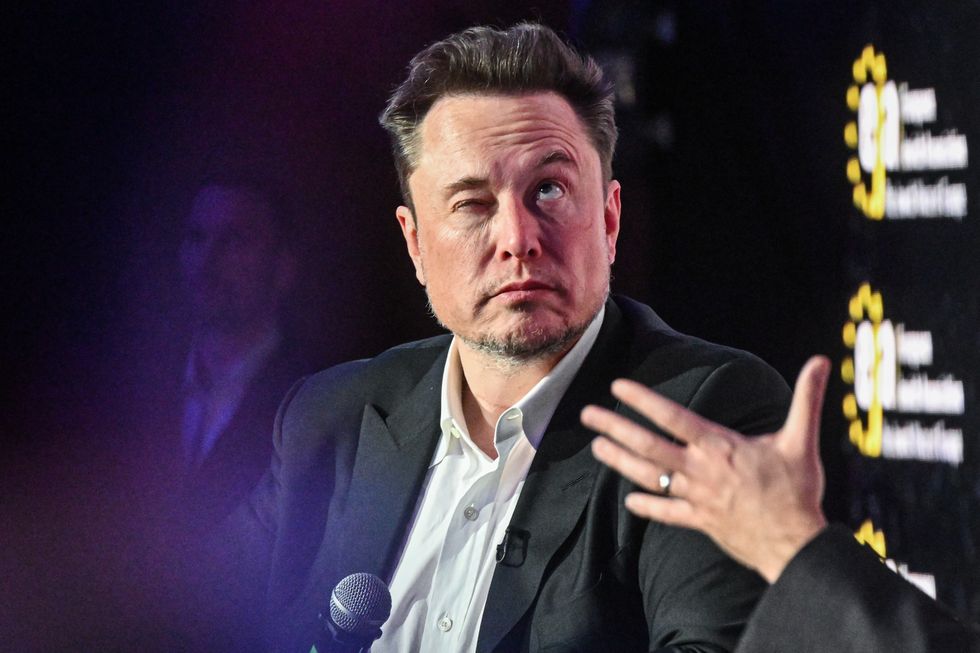
As the backlash over the latest incident grows, campaigners are calling for faster legal action, stronger content filters and independent audits of AI tools before release. Taylor Swift’s representatives have been contacted for comment, while xAI has yet to issue a public response.
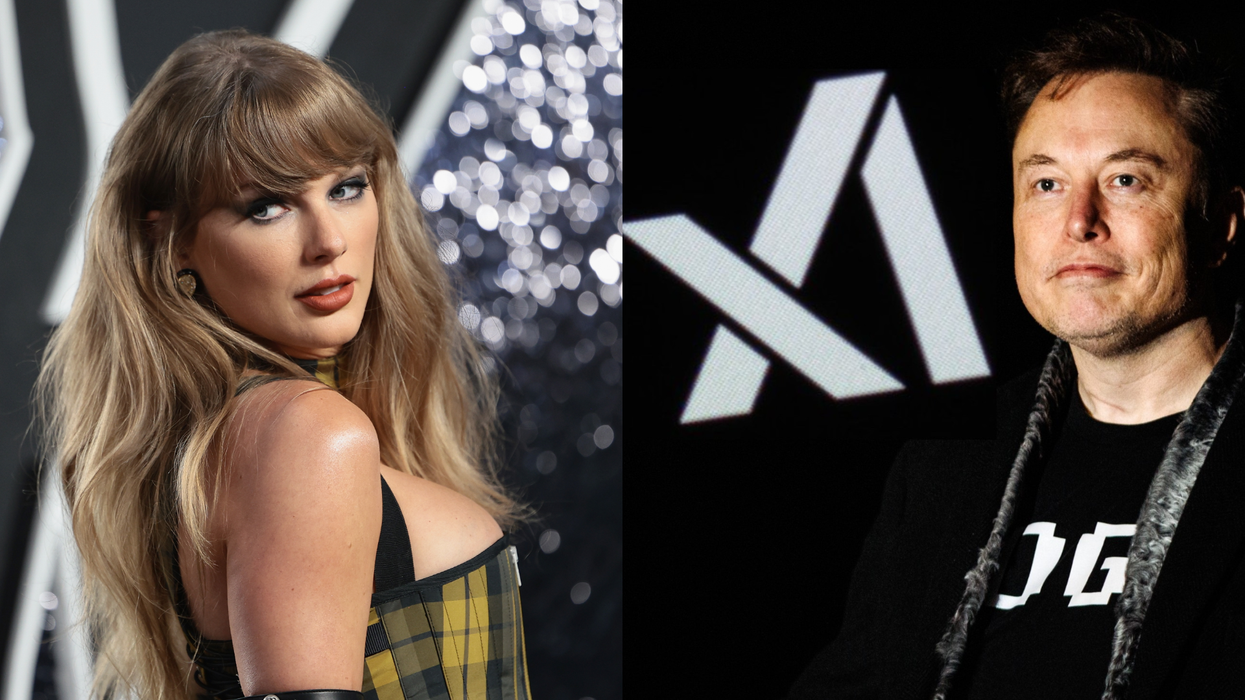






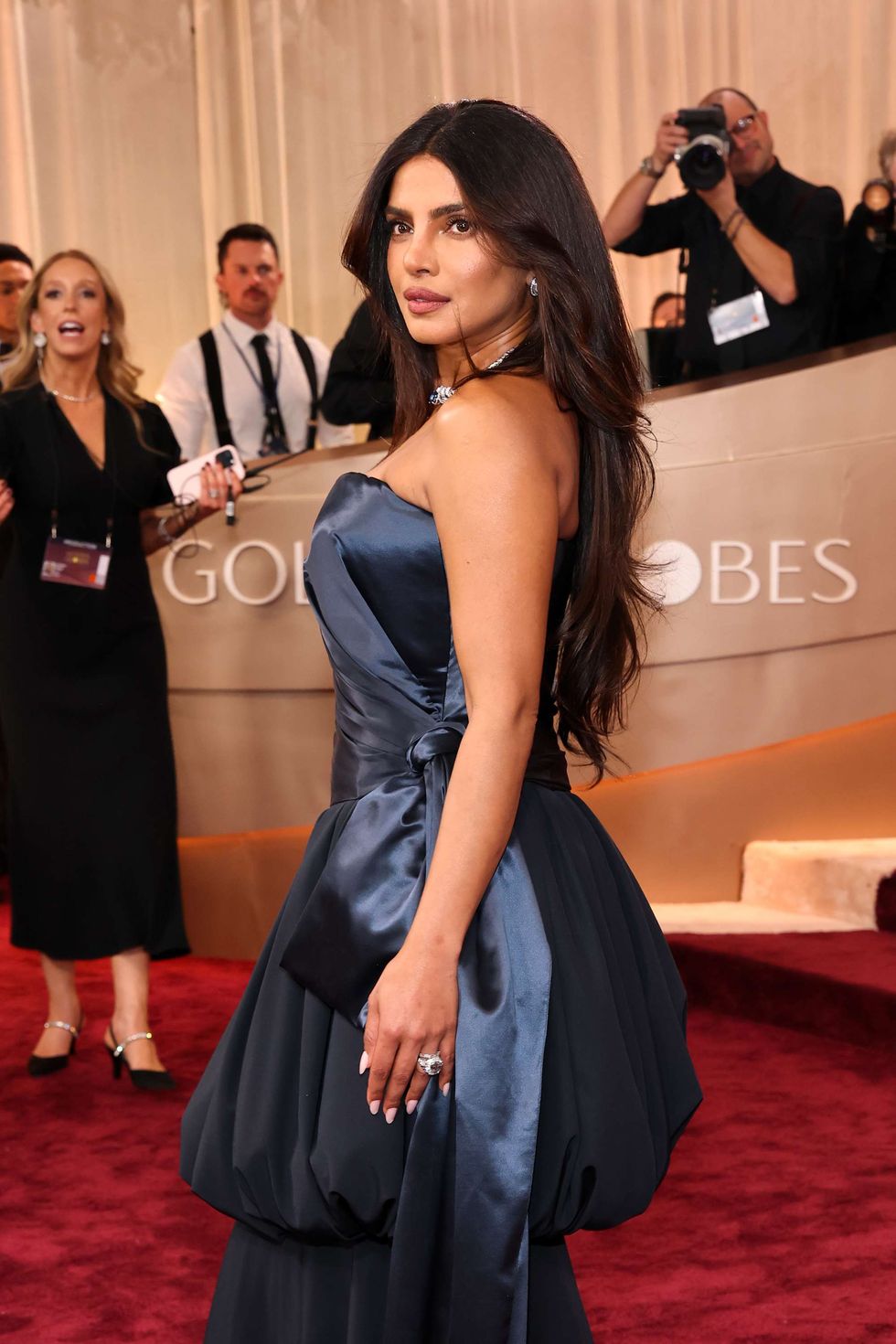 Priyanka wore a custom Dior gown designed by Jonathan AndersonGetty Images
Priyanka wore a custom Dior gown designed by Jonathan AndersonGetty Images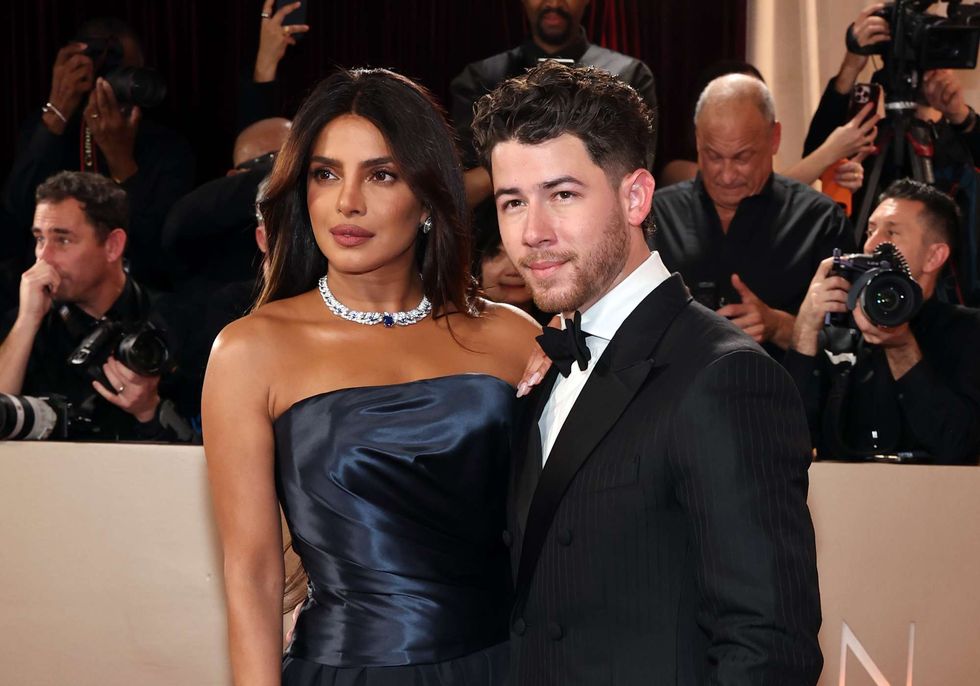 Priyanka will next appear in the American action-thriller The BluffGetty Images
Priyanka will next appear in the American action-thriller The BluffGetty Images






